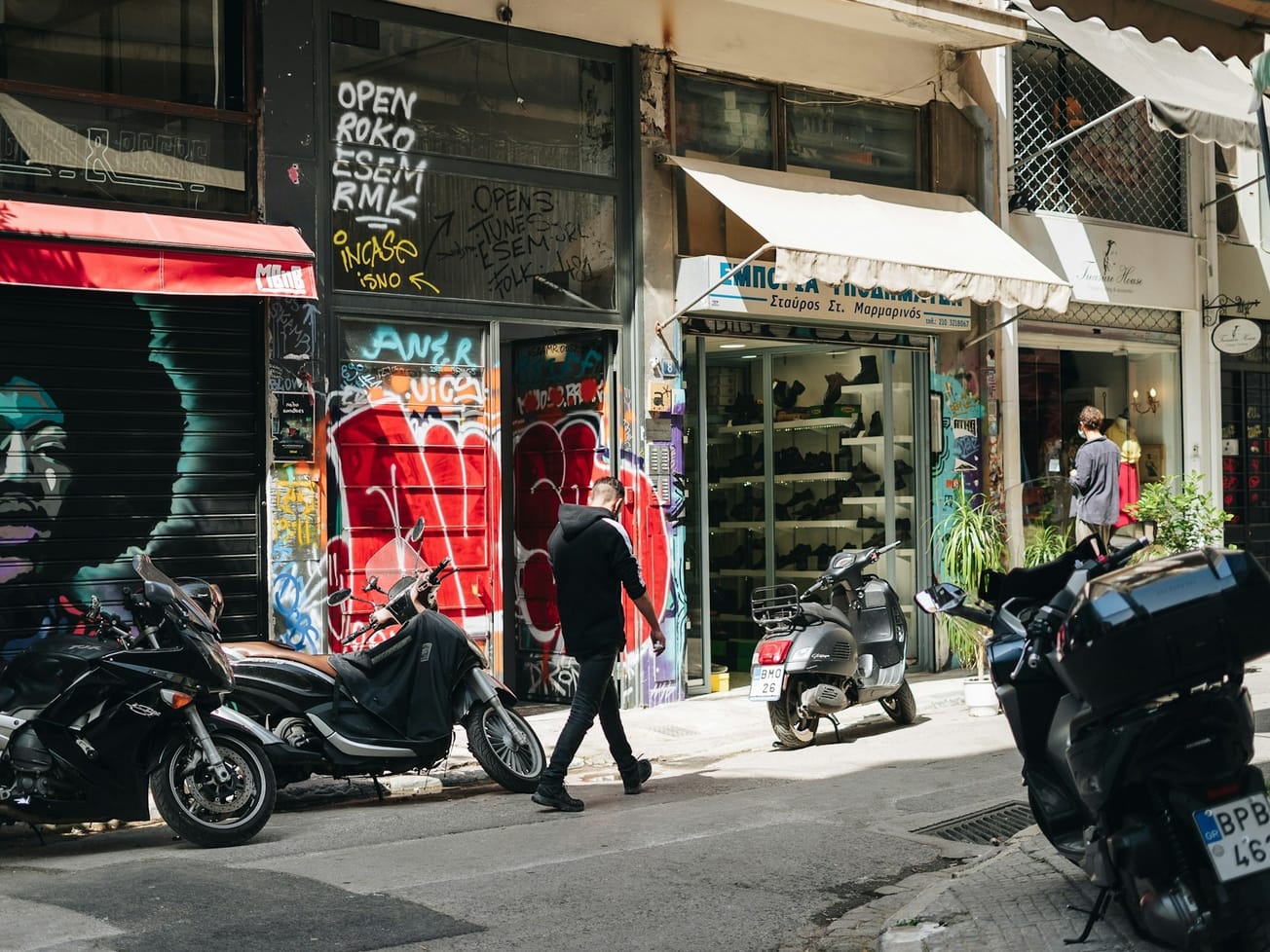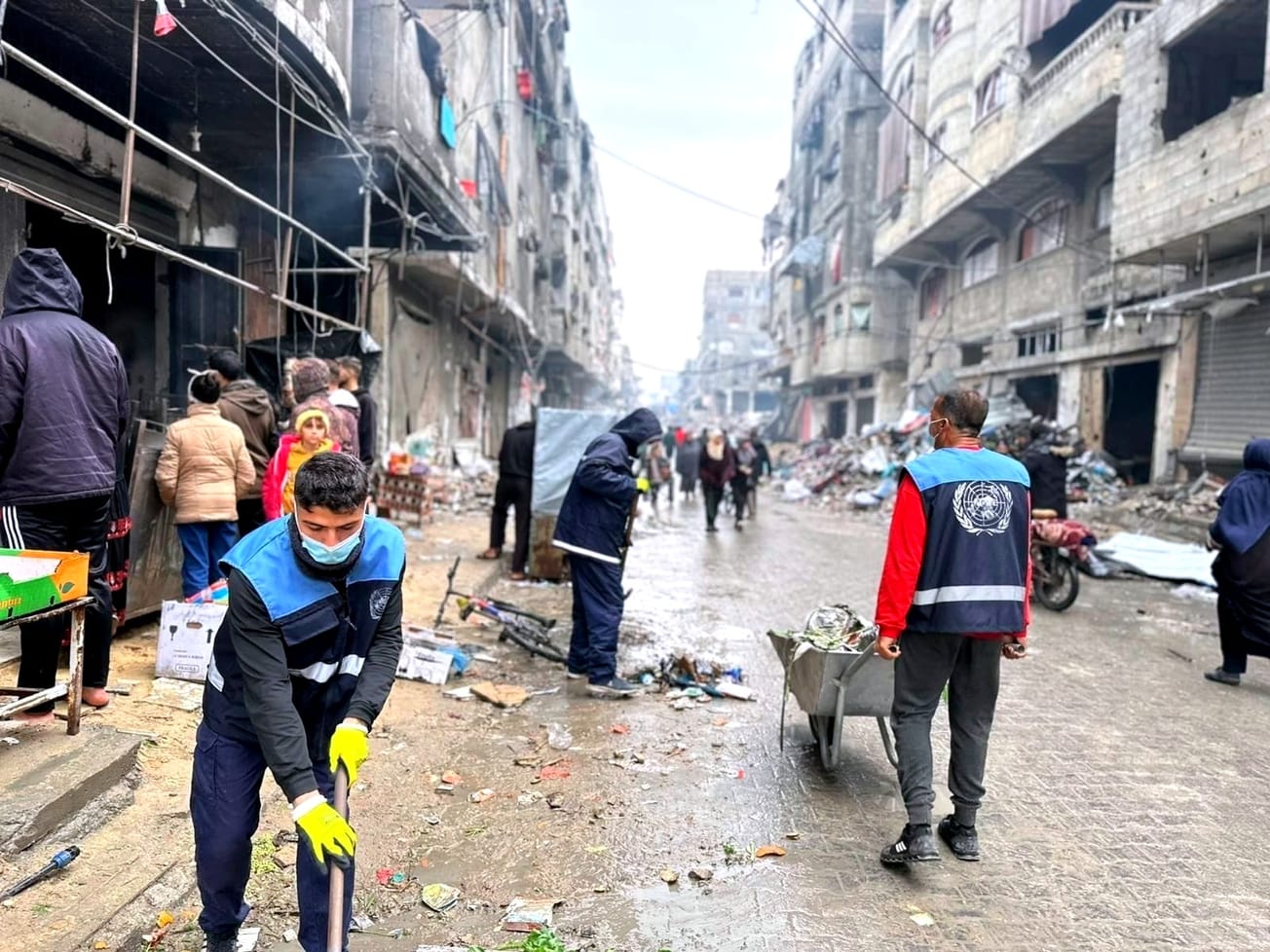Europe's top human rights court ruled Greece illegally deported a Turkish woman in a case indicative of a broader pattern of unlawful "pushbacks."
Tuesday's ruling by the Strasbourg, France-based European Court of Human Rights, which covers 46 member nations of the Council of Europe, could set a precedent amid a push by some nations for stricter immigration controls.









